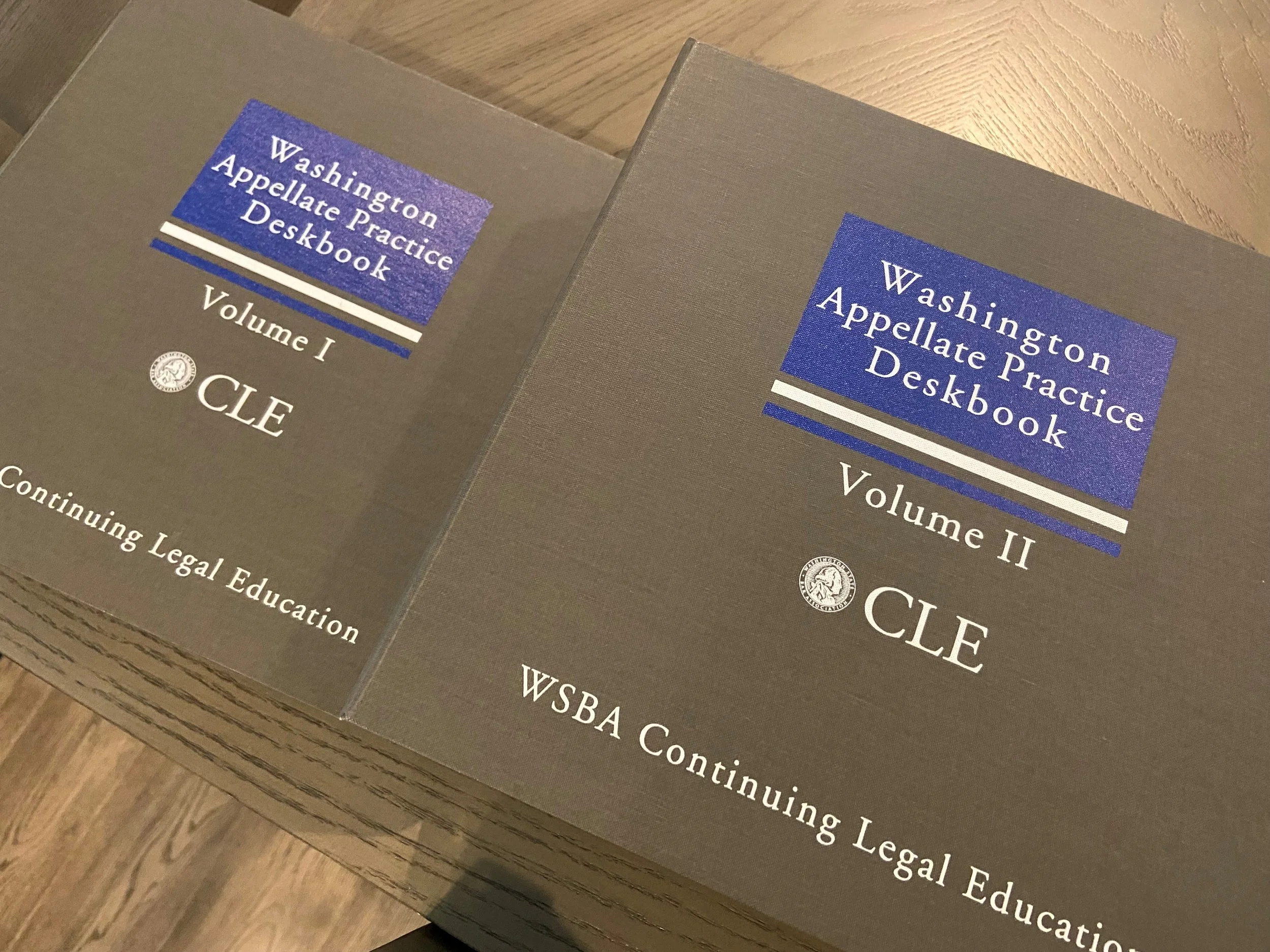(I actually hate headlines like this because it way oversimplifies things. I know, I know, that’s what headlines do.)
In a rare 9-0 decision, yesterday the US Supreme Court sided with an employee in a dispute about an arbitration provision in an employment agreement. Don’t get too excited, it was a procedural issue, not a substantive issue.
In this case, Robyn Morgan went to work as an hourly employee at a Taco Bell franchise. She signed an agreement when she started work to use confidential binding arbitration to resolve any employment dispute. Instead, Morgan brought a nationwide class action lawsuit for Taco Bell’s failure to pay overtime to employees who worked more than 40 hours per week.
The Taco Bell franchise defended the case as if no arbitration agreement existed. It filed a motion to dismiss, but it never mentioned arbitration. The franchise answered the complaint but never relied on the arbitration agreement as a defense. It participated in a mediation to try to settle the case.
About eight months later it reversed course and moved to stay the litigation and compel arbitration. Morgan argued that the franchise waived the right to invoke arbitration by conduct inconsistent with wanting to arbitrate. The Eighth Circuit required Morgan to show she was prejudiced by the franchise’s failure to invoke arbitration earlier and held she failed to do so.
Because nine circuits imposed the prejudice requirement in the waiver analysis and two did not, the US Supreme Court accepted review to resolve the circuit split. Justice Kagan wrote the opinion of the Court. (BTW, she’s a fantastic writer. She writes plainly and clearly and she’s very good with a turn of the phrase.)
Justice Kagan first laid out what the Court was not deciding—which is a whole host of other issues, including the role state law might play in the waiver analysis and what, precisely, should the defense be (waiver, forfeiture, estoppel, laches, timeliness)? The Court assumed without deciding that federal procedural law applied. Instead, the Court would decide only whether the Federal Arbitration Act (FAA), the statute that governs arbitration agreements, permitted arbitration-specific requirements for federal procedural rules.
Nine circuits had determined that the FAA’s policy of “favoring arbitration” required the addition of the prejudice factor to the waiver analysis, even though the waiver analysis of a contractual right normally requires only a showing that there was an “intentional relinquishment or abandonment of a known right.” That intentional relinquishment can normally be proved by focusing on the actions of the person who held the right.
By requiring the additional proof of prejudice, Justice Kagan quips “the Eighth Circuit applies a rule found nowhere else—consider it a bespoke rule of waiver for arbitration.” Isn’t that a great turn of phrase?
Justice Kagan explains that the FAA only requires the federal courts to treat arbitration provisions “in the manner provided by law”—which basically means treat them the same way you treat a regular contract. It does not permit the courts to impose additional requirements “to tilt the playing field in favor of (or against) arbitration.”
The opinion reverses the lower court decision and remands the case to the Eighth Circuit to determine whether there was waiver (or some other defense) in the absence of the prejudice requirement.
While this is definitely a win for employees and consumers who are forced to agree to arbitration provisions, the Court essentially punted on the big issue in the case: what law applies, state law or federal law? In many states (including I suspect Washington), state law might be more favorable to the party arguing waiver. But for now, at least plaintiffs don’t need to prove the additional element of prejudice.
